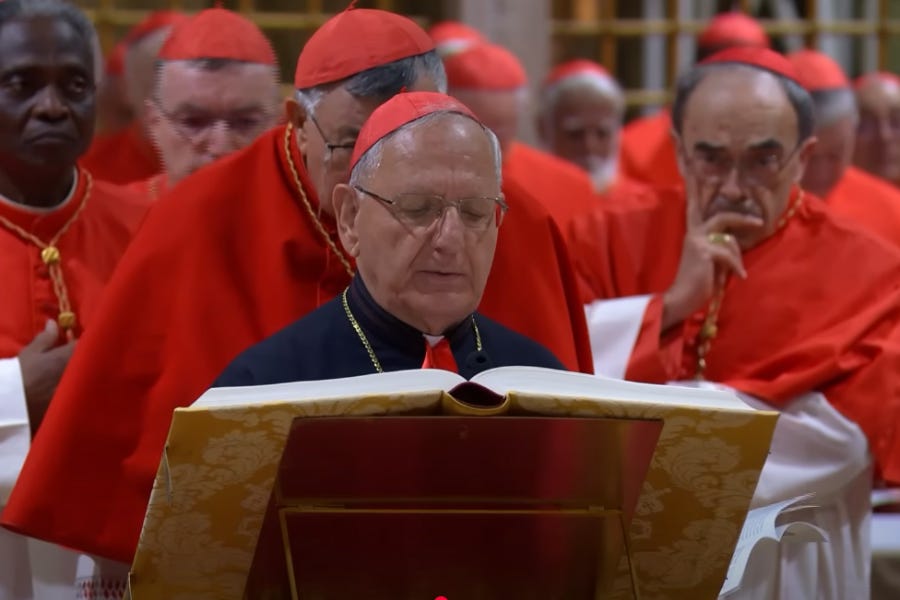Cardinal denies controversial conclave interview in Iraq imbroglio
In a controversial interview, Cardinal Sako claimed one cardinal voted twice during conclave balloting. He now denies giving the interview.
In a situation that’s gained widespread attention in Iraq, Chaldean Catholic leader Cardinal Louis Raphaël Sako has denied giving a controversial media interview in which the cardinal allegedly disclosed details of the papal conclave, including the claim that one cardinal accidentally submitted two ballots in a round of voting.

